Κείμενο
Χαίρετε, ονομάζομαι Στέλιος Πανταζής, είμαι γιατρός εξειδικευμένος στην ιατρική διατροφολογία και στις διαταραχές του μεταβολισμού και σήμερα θα ήθελα να σας προειδοποιήσω για 9 τροφές που επιβαρύνουν το ανοσοποιητικό. Ζάχαρη. Έχουν δημοσιευθεί πάρα πολλές μελέτες τις τελευταίες 3-4 δεκαετίες που υποστηρίζουν ότι η κατανάλωση τροφών με μεγάλη περιεκτικότητα σε ζάχαρη επηρεάζουν αρνητικά το ανοσοποιητικό σύστημα, γιατί οδηγούν σε αύξηση ουσιών στο σώμα που αυξάνουν τη φλεγμονή όπως η ιντερλευκίνη-6. Επίσης, έχεις στοιχειοθετηθεί ότι το αυξημένο ζάχαρο στο αίμα εμποδίζει την σωστή λειτουργία των λευκών αιμοσφαιρίων, δηλαδή των κυττάρων που μας προστατεύουν από τις λοιμώξεις. Τέλος, η ζάχαρη χαλάει την ισορροπία των μικροβίων του εντέρου, και αυτό επίσης οδηγεί σε διαταραχή της άμυνας του οργανισμού. Όλες αυτές οι μελέτες δείχνουν ότι τα άτομα που καταναλώνουν τρόφιμα με μεγάλη περιεκτικότητα σε ζάχαρη οδηγούν το ανοσοποιητικό τους σύστημα σε εξασθένηση και αυτό έχει ως αποτέλεσμα όχι μόνο να είναι πιο εκτεθειμένοι σε ιούς και μικρόβια, αλλά και αυξημένη πιθανότητα να εμφανίσουν αυτοάνοσες παθήσεις και καρκίνος. Αλάτι. Το αλάτι δεν περιέχει θερμίδες, και εκτός από νάτριο και χλώριο, δύο πολύ σημαντικά ιόντα για την υγεία, πραγματικά δεν περιέχει σχεδόν τίποτα άλλο. Παρόλα αυτά, έχει φανεί σε μελέτες ότι η αυξημένη κατανάλωση αλατιού διαταράσσει την άμυνα του οργανισμού και αυξάνει την πιθανότητα να εμφανιστούν προβλήματα που σχετίζονται με την άμυνα του οργανισμού, όπως μειωμένη άμυνα ενάντια σε μικρόβια, αλλά και αυξημένη πιθανότητα αυτοάνοσων παθήσεων. Αρκετές μελέτες έχουν στοιχειοθετήσει ότι αυξημένη κατανάλωση αλατιού μπορεί να οδηγήσει σε έξαρση αυτοάνοσων παθήσεων όπως ελκώδη κολίτιδα, ρευματοειδή αρθρίτιδα και συστημικό ερυθηματώδη λύκο. Σε αυτά πρέπει να συνυπολογίσουμε, ότι η αυξημένη κατανάλωση αλατιού επιδρά στην ισορροπία των μικρόβιων του εντέρου, πράγμα που επίσης δυσκολεύει την σωστή άμυνα του οργανισμού. Λιπαρά ω-6. Τα πιο γνωστά ακόρεστα λιπαρά,

δηλαδή έλαια, είναι τα ω-3, τα ω-6 και τα ω-9. Τα έλαια αποτελούν μίγμα από αυτά, αν και συνήθως υπερτερεί μια ομάδα. Για παράδειγμα, το ελαιόλαδο αποτελείται από 90% ω-9. Τα περισσότερα σπορέλαια από την άλλη έχουν κυρίως ω-6. Τέλος, τα ω-3 είναι κυρίως στα ψάρια, τα φύκια και τον λιναρόσπορο. Όλα αυτά τα λιπαρά είναι αναγκαία, αλλά η διατροφή όλων μας υστερεί σε ω-3, που είναι και τα πιο ωφέλιμα. Αντίθετα, πολλοί άνθρωποι καταναλώνουν μεγάλη ποσότητα ω-6, κυρίως μέσα από τυποποιημένες και συσκευασμένες τροφές. Με απλά λόγια, τροφές που είναι μέσα σε σακουλάκια. Οι μελέτες έχουν δείξει ότι οι τροφές που είναι πλούσιες σε ω-6 λιπαρά επάγουν την παραγωγή ουσιών που αυξάνουν την φλεγμονή στον οργανισμό. Ιδανικά, τα ω-6 λιπαρά θα πρέπει να είναι στην τροφή μας από μία έως τέσσερις φορές περισσότερα από τα ω-3. Δυστυχώς όμως τα ω-3 είναι τόσο δυσεύρετα στη διατροφή, που συχνά καταλήγουμε να τρώμε ω-6 δέκα και είκοσι φορές περισσότερο από ω-3, Ειδικά αν καταναλώνουμε τυποποιημένες και συσκευασμένες τροφές. Τηγανητά. Τα τηγανισμένα φαγητά είναι πλούσια σε κάτι ουσίες που ονομάζονται AGEs. Αυτές οι ουσίες προέρχονται από αντίδραση υδατανθράκων που υπάρχει μέσα στις τροφές με πρωτεΐνες υπό την επίδραση υψηλής θερμοκρασίας. Το πρόβλημα είναι ότι αυτές οι ουσίες συνεισφέρουν και αυξάνουν σημαντικά τη φλεγμονή μέσα στον οργανισμό και εξασθενούν το ανοσοποιητικό μας σύστημα. Εξασθενούν επίσης και την άμυνά του οργανισμού στις ελεύθερες ρίζες οξυγόνου, όπως επίσης και διαταράσσουν την ισορροπία των μικροβίων του εντέρου. Φυσικά μην ξεχνάμε ότι αυτές οι ουσίες έχουν καρκινογόνο δράση και αυξάνουν την πιθανότητα για καρδιαγγειακά νοσήματα και μεταβολικό σύνδρομο. Επεξεργασμένα κρεατικά. Ο Παγκόσμιος Οργανισμός Υγείας έχει κατηγοριοποίηση τα επεξεργασμένα κρεατικά ως καρκινογόνες ουσίες και είμαι σίγουρος ότι δεν θα σας κάνει εντύπωση αν σας πω ότι διαταράσσουν και το ανοσοποιητικό σύστημα. Τα επεξεργασμένα κρεατικά, εκτός του ότι είναι πλούσια σε κορεσμένα λιπαρά, είναι επίσης

πλούσια σε αλάτι και αρκετά πρόσθετα. Σίγουρα δεν θα πρέπει να έχουν θέση στη διατροφή μας. Φαγητά απ’ έξω. Σε αυτή την κατηγορία είναι όλες οι τροφές οι οποίες ετοιμάζονται γρήγορα και είναι φθηνές. Η κατηγορία περιλαμβάνει πίτσες, σουβλάκια, σφολιάτες, σάντουιτς και όλα αυτά τα οποία είναι έτοιμα όταν τα αγοράζουμε. Αυτές οι τροφές είναι πλούσιες σε όλες τις λάθος ουσίες, δηλαδή ω-6 λιπαρά, αλάτι, ζάχαρη, ενισχυτικά γεύσης, συντηρητικά και πολλές άλλες ουσίες που ανάμεσα στις πολλές βλάβες που κάνουν στον οργανισμό μας, αποσυντονίζουν και το ανοσοποιητικό μας σύστημα. Μάλιστα, πολλές από αυτές τις τροφές είναι πλούσιες σε φθαλικά, πού είναι κάποιες ουσίες οι οποίες διαταράσσουν και το ενδοκρινικό μας σύστημα, δηλαδή τις ορμόνες μας. Τροφές με πολλά χημικά και πρόσθετα. Σε αυτή την ομάδα είναι οι τροφές που υπάρχουν σε σακουλάκια και μπορούν να συντηρηθούν σε θερμοκρασία δωματίου για πολλούς μήνες. Αν έχετε φτιάξει ποτέ ένα κέικ, είμαι σίγουρος ότι έχετε παρατηρήσει ότι μέσα σε μερικές μέρες αρχίζει να χαλάει, κι αν το αφήσετε αρκετές μέρες θα λιώσει τόσο πολύ που δεν θα τρώγεται. Οι βιομηχανίες παρασκευής τροφίμων για να ξεπεράσουν αυτό το πρόβλημα και να μπορούν να εμπορεύονται συσκευασμένες τροφές στα σούπερ μάρκετ και τα περίπτερα για πολλούς μήνες αφότου παρασκευαστούν έχουν προσθέσει μία σειρά από χημικές ουσίες για να αντέχουν οι τροφές τους για πολλούς μήνες σε κανονική θερμοκρασία. Όλα αυτά τα πρόσθετα και τα χημικά, όπως μπορείτε να φανταστείτε, προκαλούν μία σειρά από βλάβες στο σώμα μας, όπως διαταραχή του ανοσοποιητικού συστήματος. Ακόμα και τα χημικά που θεωρούνται αρκετά ασφαλή, όπως οι γαλακτοματοποιητές, η καραγενανη, και το πολυσορβικό είναι γνωστό ότι προκαλούν φλεγμονή στο πεπτικό σύστημα και αποδυναμώνουν το ανοσοποιητικό. Δυστυχώς, ακόμα και τα φυσικά πρόσθετα, όπως το κιτρικό, το σιρόπι και άλλες ουσίες δυσχεραίνουν τη σωστή λειτουργία του ανοσοποιητικού. Επεξεργασμένα Δημητριακά. Οι τροφές που είναι πλούσιες σε επεξεργασμένους

υδατάνθρακες, δηλαδή τα αρτοποιήματα ευρείας κατανάλωσης, το ψωμί, οι φρυγανιές, οι σφολιάτες, τα γλυκά με αλεύρι και άλλα, οδηγούν σε απότομη αύξηση του σακχάρου του αίματος. Αυτό οδηγεί σε ένα ορμονικό προφίλ που παράγεται ως απάντηση σε αυτήν την απότομη αύξησης του σακχάρου που οδηγεί σε εξασθένηση του ανοσοποιητικού συστήματος. Επίσης, οι τροφές που είναι πλούσιες σε επεξεργασμένους υδατάνθρακες διαταράσσουν τη φυσιολογική χλωρίδα του εντέρου, πράγμα που όπως είπαμε, οδηγεί σε εξασθένιση του ανοσοποιητικού συστήματος. Τροφές και Αναψυκτικά με Χημικά Γλυκαντικά. Διατροφικά, ίσως το χειρότερο πράγμα που μπορούμε να φάμε δεν είναι τροφή, αλλά τα αναψυκτικά με γλυκαντικές ουσίες ή ζάχαρη. Αυτά τα ροφήματα είναι πλούσια σε χημικές γλυκαντικές ουσίες που προκαλούν ένα πολύ δυσάρεστο ορμονικό προφίλ στο σώμα μας, που ανάμεσα στα πολλά προβλήματα που δημιουργεί, είναι και η εξασθένηση του ανοσοποιητικού συστήματος. Αρκετές μελέτες έχουν δείξει ότι κάποια χημικά γλυκαντικά διαταράσσουν τη χλωρίδα του εντέρου εξασθενώντας τη σημαντικότερη πόρτα ελέγχου του οργανισμού στα μικρόβια. Τέλος, υπάρχουν αρκετές μελέτες σε πειραματόζωα, αλλά και σε ανθρώπους που δείχνουν ότι τα χημικά γλυκαντικά αυξάνουν την πιθανότητα να εμφανιστεί αυτοάνοσο νόσημα. Αν βρήκατε το θέμα ενδιαφέρον, σας παρακαλώ, να πατήσετε το κουμπί μου αρέσει, να το μοιραστείτε με άτομα που θα το βρουν ενδιαφέρον και να εγγραφείτε στο κανάλι για να σας ενημερώνουμε για μελλοντικά θέματα. Επίσης, μπορείτε να χρησιμοποιήσετε τα σχόλια για να ζητήσετε να παρουσιάσουμε ένα θέμα στο μέλλον. Σας ευχαριστώ πολύ.

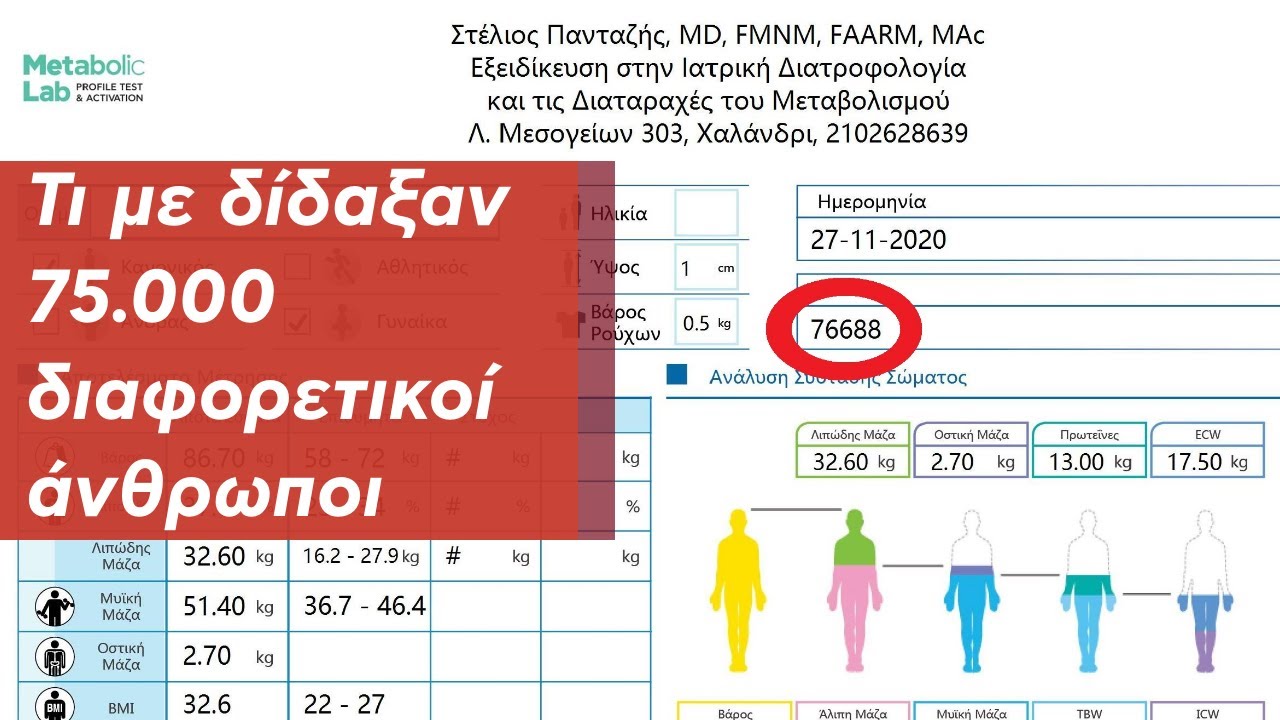


























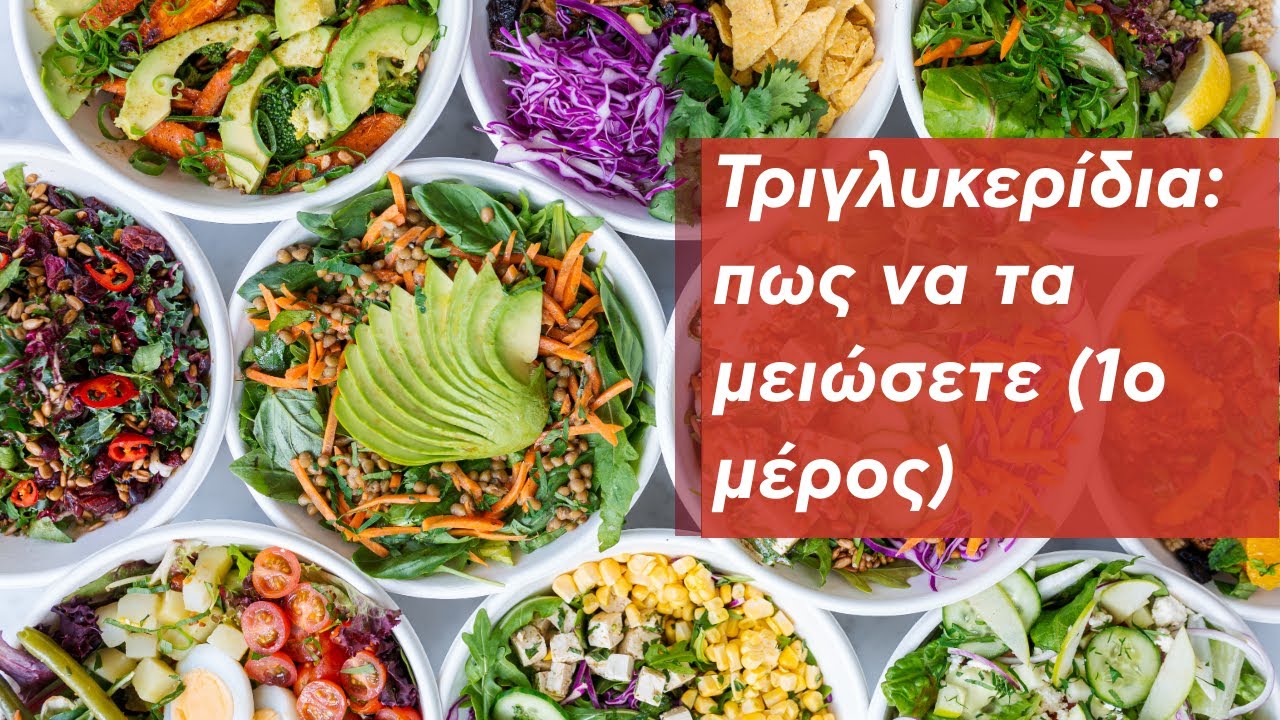



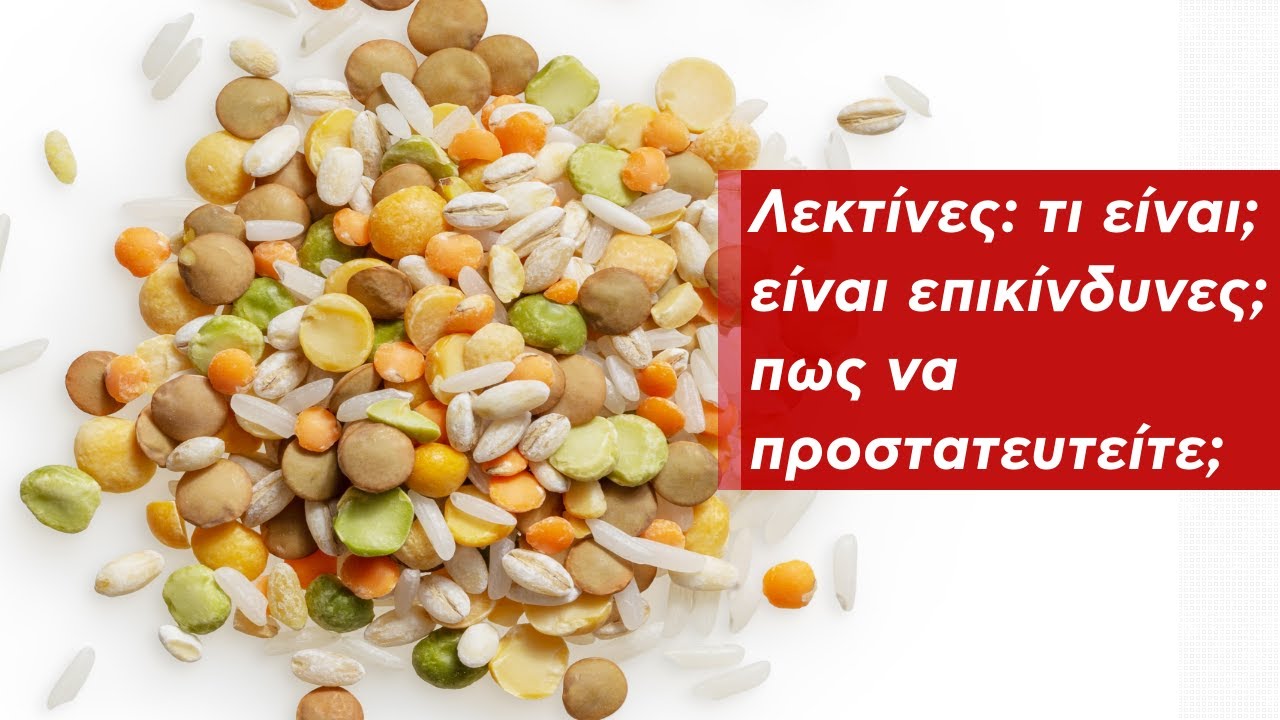









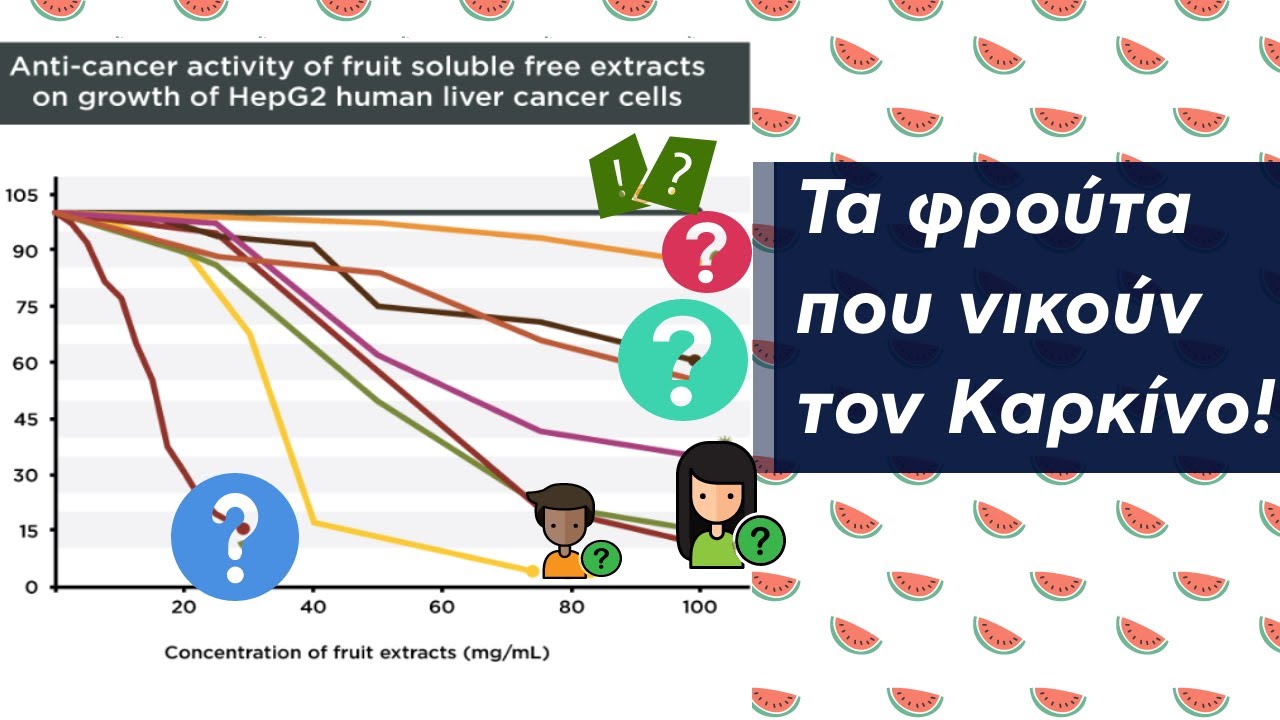





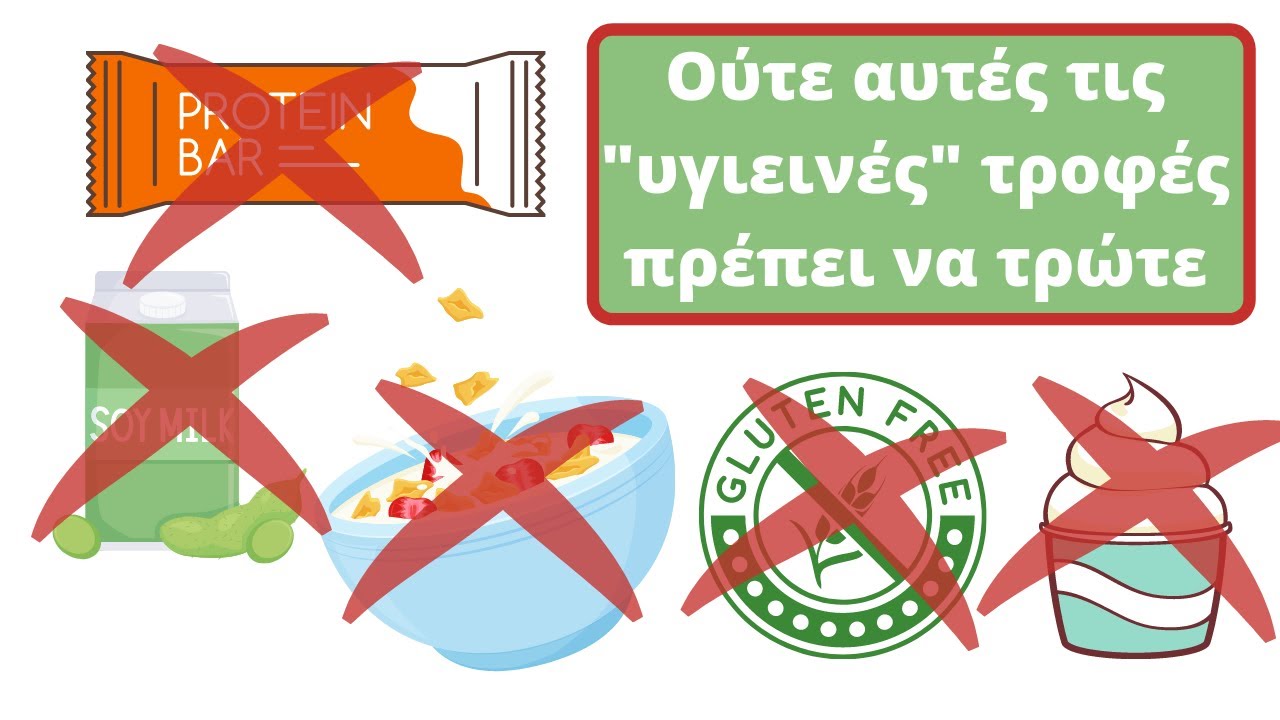



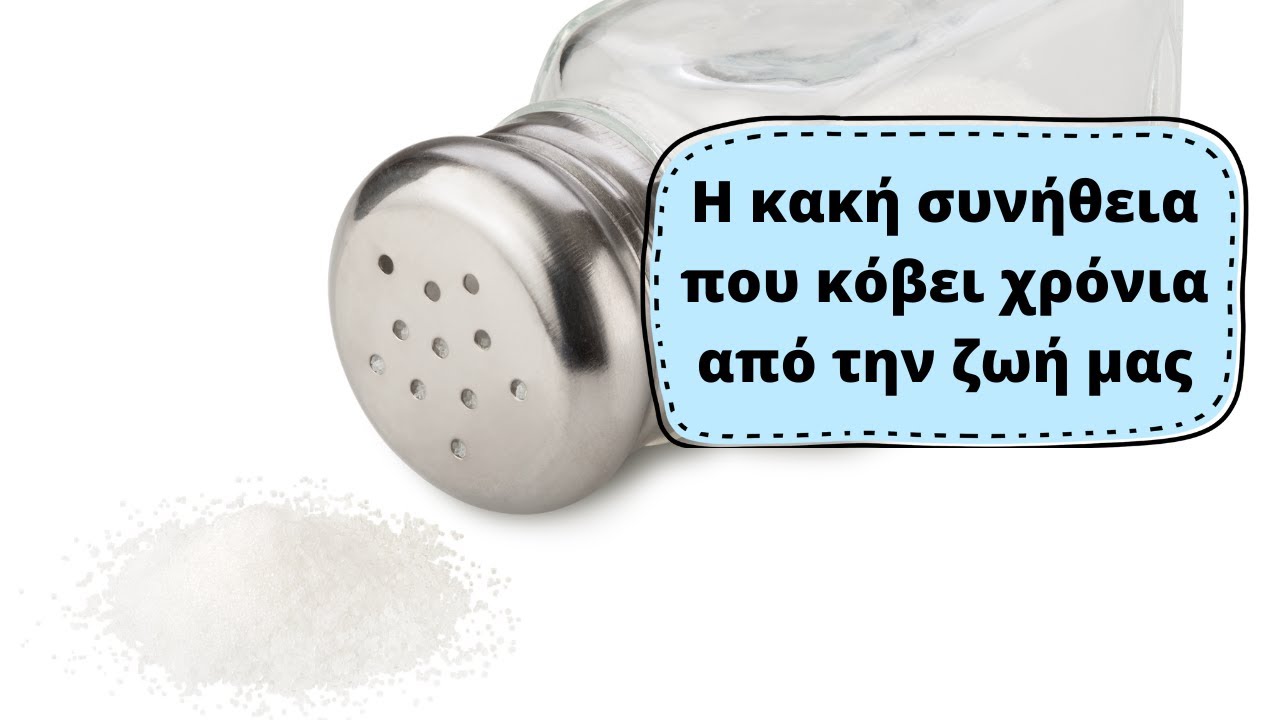
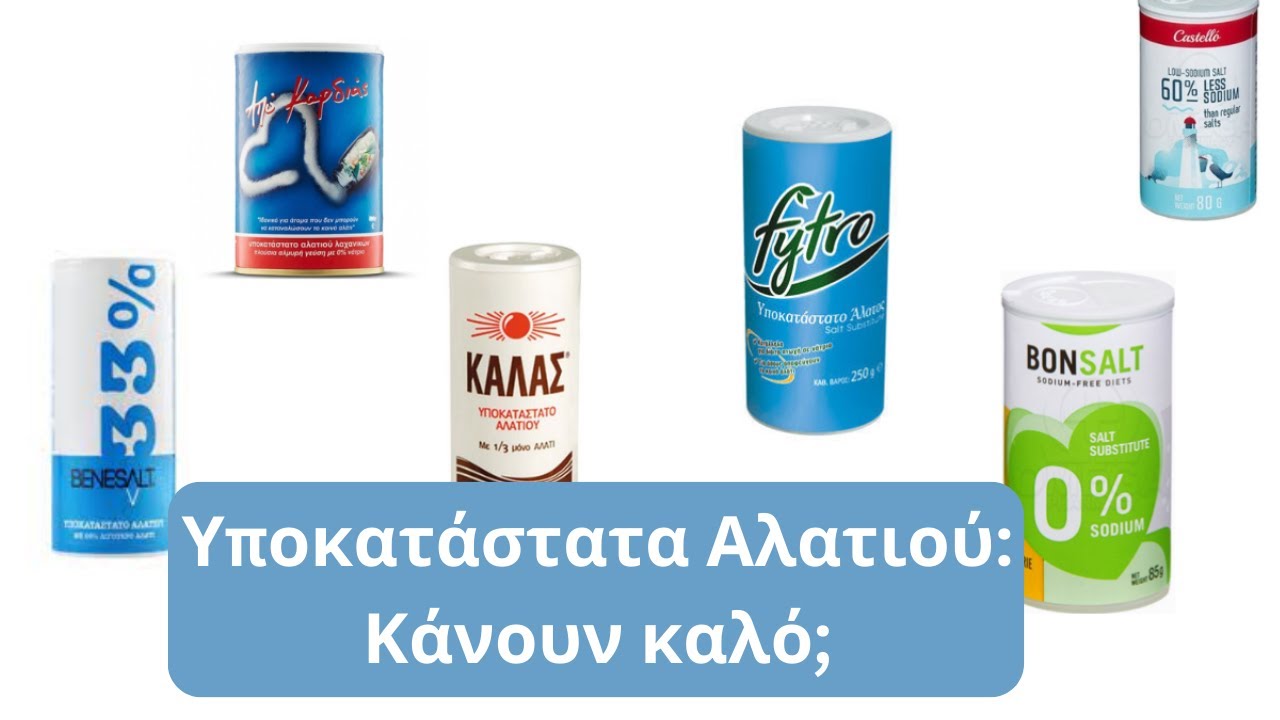





























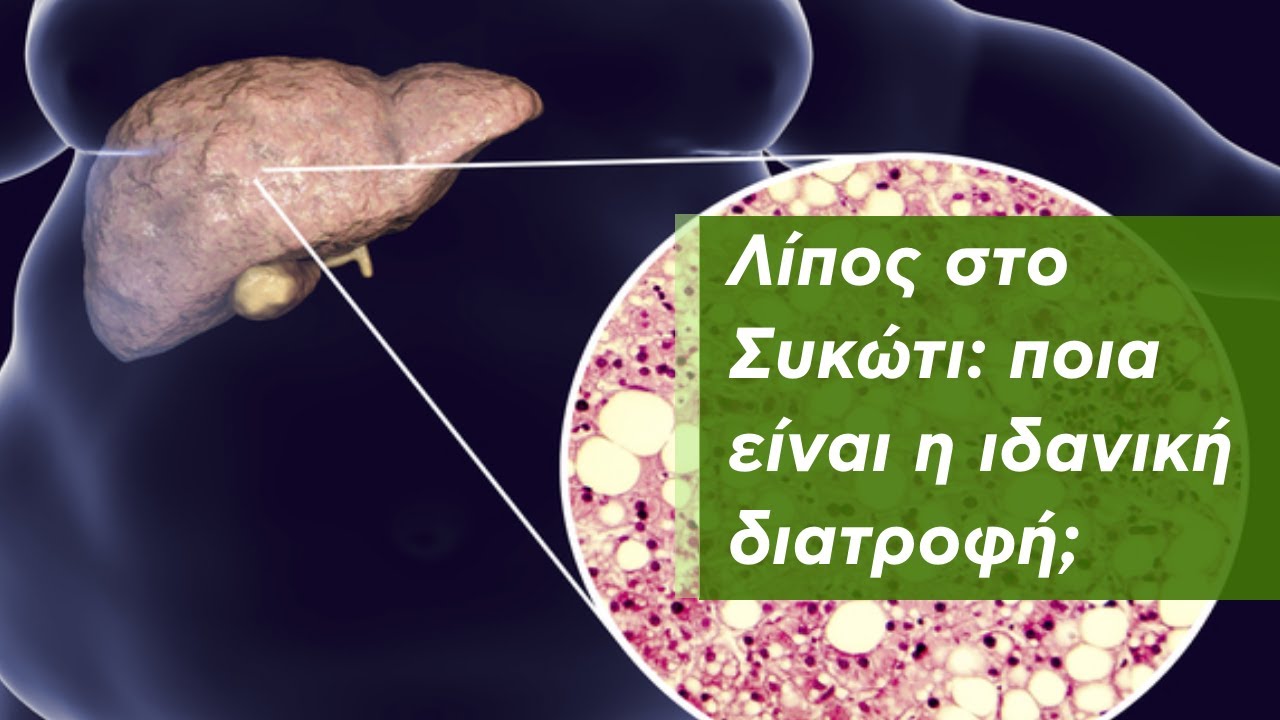







0 Σχόλια